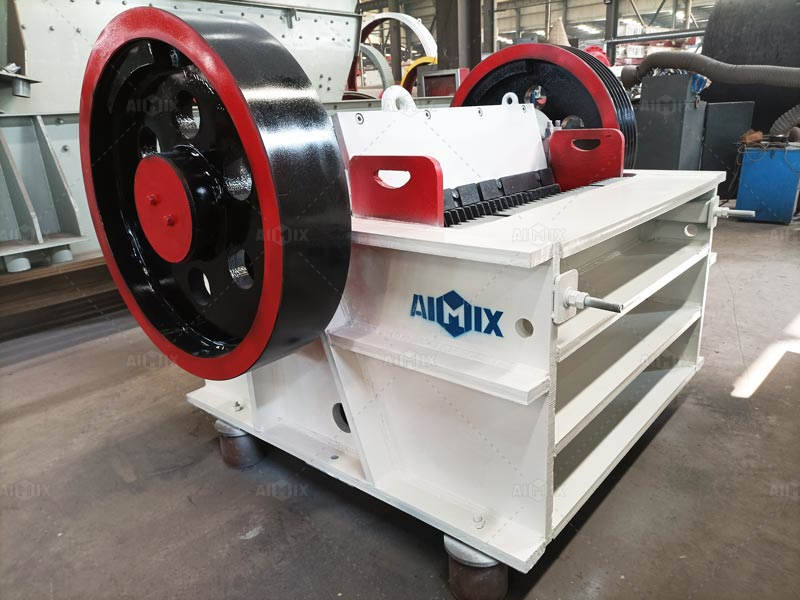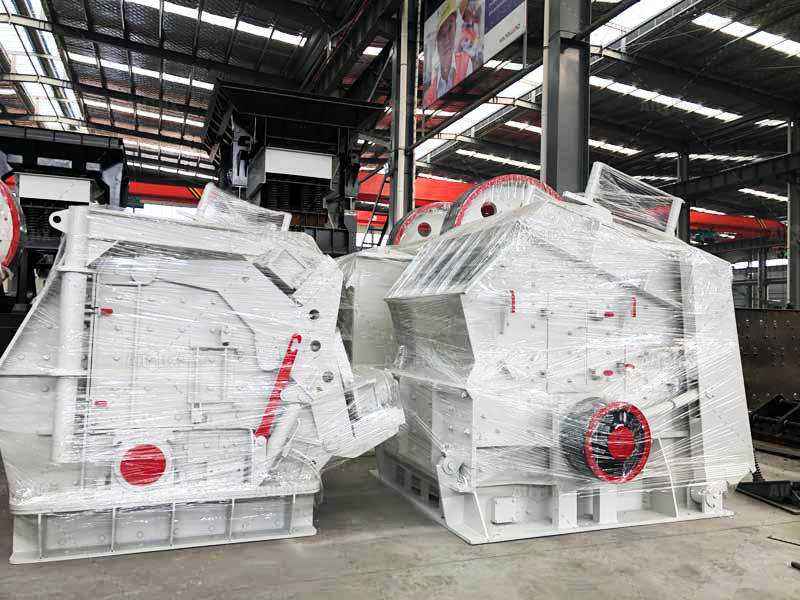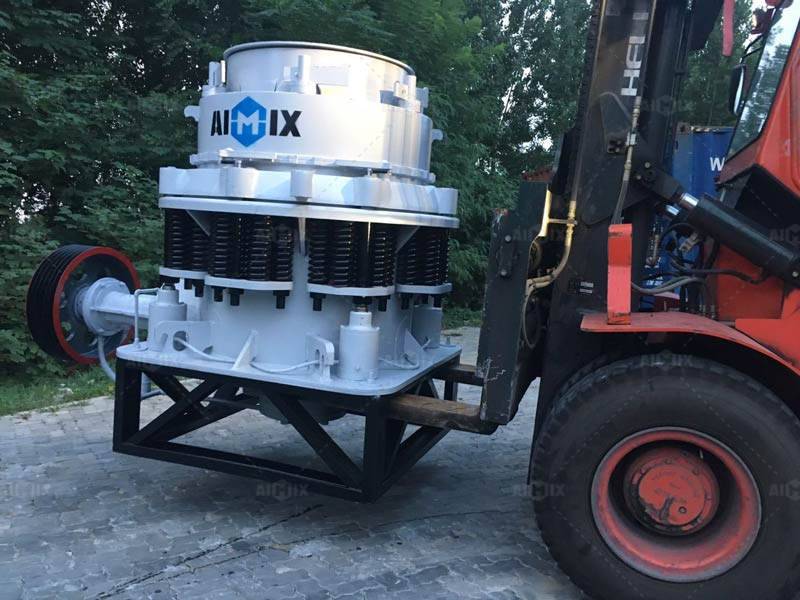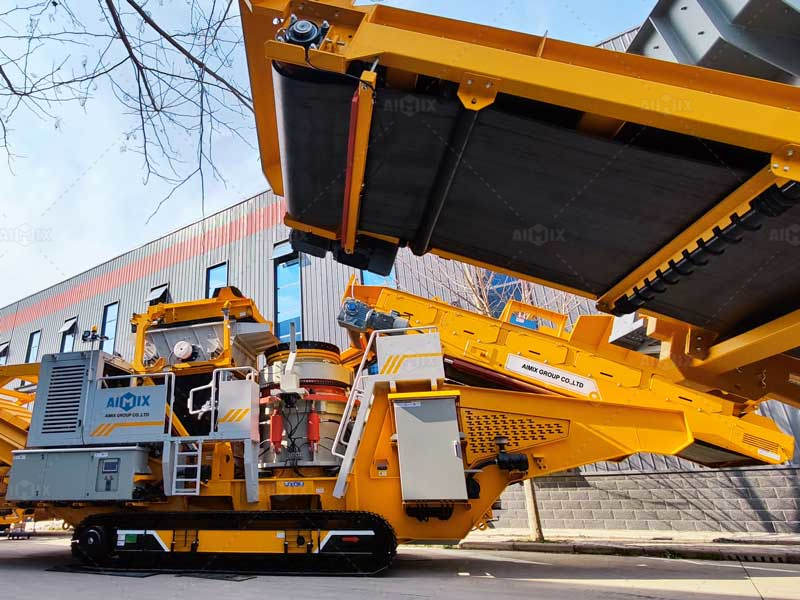Choosing the right limestone crusher is crucial for ensuring efficient operations and maximizing productivity in various industries. The selection process involves considering multiple factors to determine the most suitable crusher for specific requirements. In this comprehensive guide, we delve into the world of limestone crushers, exploring the different types available and highlighting key considerations for informed decision-making.
<h2>Types of Limestone Crushers</h2>
When it comes to limestone crushing, there are several types of crushers to choose from. Each type offers unique features and advantages, making them suitable for different applications. Let’s explore the most common types limestone crusher:
<h3>Jaw Crushers</h3>
Jaw crushers are versatile machines designed for primary crushing of large-sized limestone rocks. They operate by compressing the material between a fixed jaw plate and a moving jaw plate, exerting pressure to break it down into smaller fragments. Jaw crushers are known for their robust construction and reliable performance, making them suitable for heavy-duty applications in mining and quarrying.

<h3>Impact Crushers</h3>
Impact crushers, also known as impactors or horizontal shaft impactors (HSIs), are versatile machines that can handle medium to hard limestone rocks. They utilize the principle of impact to crush the material, as a high-speed rotor collides with the limestone. Impactor crushers are known for their excellent cubicity and high reduction ratios, making them ideal for producing aggregates for construction and road-building projects.

<h3>Cone Crushers</h3>
Cone crushers are commonly used for secondary and tertiary crushing of limestone. They feature a cone-shaped crushing chamber that gyrates around its center, providing a more uniform crushing action compared to other crushers. Gravel crusher cones for sale are capable of producing finely crushed limestone with excellent particle shape, making them suitable for producing high-quality aggregates and manufactured sand.

<h2>Key Considerations for Limestone Crusher Selection</h2>
Choosing the right limestone crusher requires careful consideration of various factors to ensure optimal performance and productivity. Here are key considerations to keep in mind during the selection process:
<h3>Feed Size and Output Size Requirements</h3>
By considering the size of the limestone rocks and the desired output size, you can choose a crusher that can efficiently meet your specific requirements.
<h3>Crushing Capacity and Efficiency</h3>
Considering the crusher’s efficiency, which relates to the energy consumption per unit of crushed limestone, ensures optimal performance and cost-effectiveness.
<h3>Operating and Maintenance Costs</h3>
Assessing the power and fuel consumption, as well as the wear and tear on parts, can help determine the long-term operational costs.
<h3>Environmental Impact and Safety Features</h3>
Selecting a crusher with built-in environmental control measures, such as dust suppression systems, can help mitigate the potential negative impacts on the surrounding environment.

Selecting the right limestone crusher is a critical decision that can significantly impact the efficiency and productivity of your operations. By considering factors such as the type of crusher, feed size, and output requirements, crushing capacity and efficiency, operating and maintenance costs, and environmental impact and safety features, you can make an informed choice that aligns with your specific needs.
Remember, a well-chosen limestone crusher can optimize the crushing process, improve product quality, and contribute to the overall success of your operations. Take the time to evaluate your requirements and consult with industry experts if needed.
